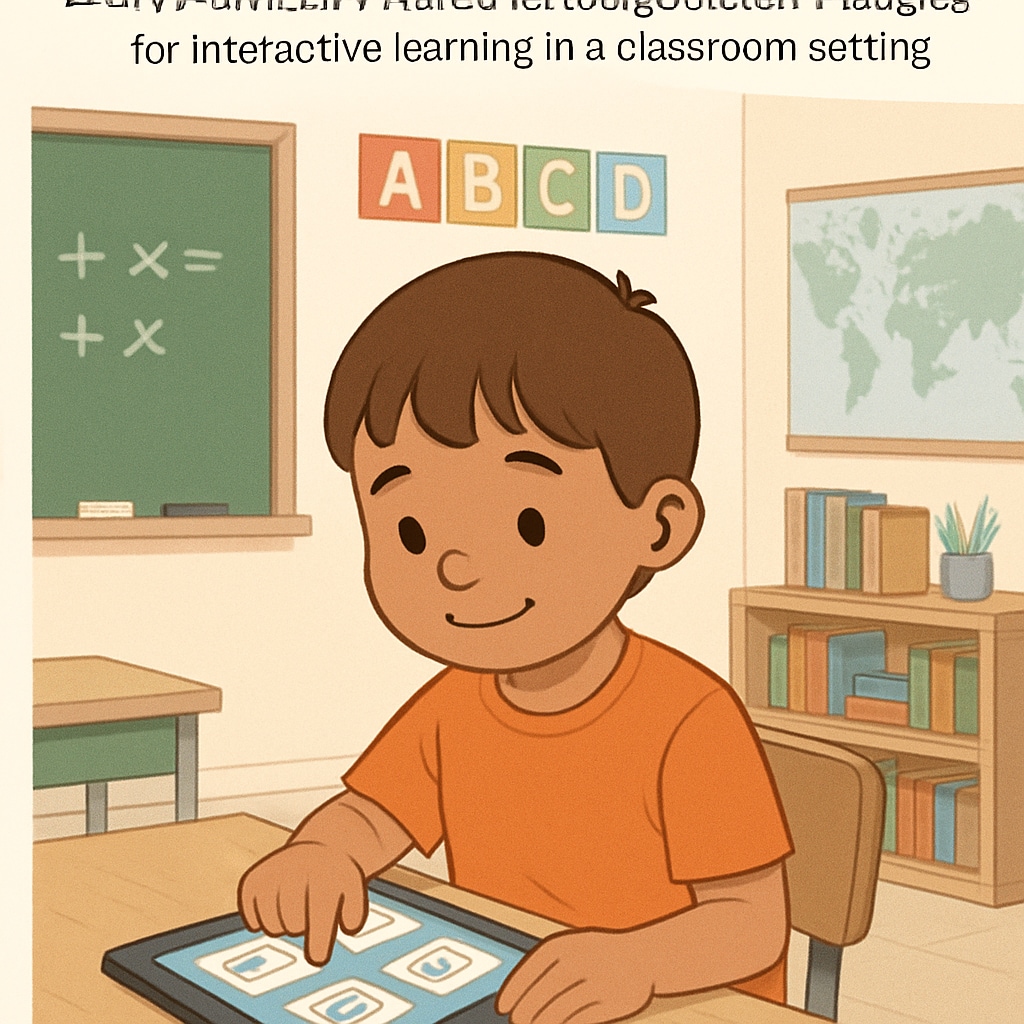In recent years, online public education has become a popular choice for parents seeking alternative educational solutions. This shift reflects evolving priorities in education and parenting, as families increasingly value flexible learning environments, personalized approaches, and access to specialized resources. As a result, education providers and policymakers are focusing on understanding the motivations behind these choices to better cater to this growing demand.
Understanding the Appeal of Online Public Education
One major reason parents are choosing online public education is its ability to offer flexibility. Unlike traditional schools, online platforms allow families to customize schedules to suit their unique needs. For example, students pursuing extracurricular activities or dealing with health challenges benefit from learning at their own pace without compromising academic performance.
Additionally, the rise of personalized learning has made online education particularly attractive. Many platforms use adaptive technologies to tailor content to individual students. This ensures that learners receive targeted support, helping them excel in areas where they may struggle while advancing faster in subjects they master.

Specialized Resources for Unique Educational Needs
Online public education also stands out for its accessibility to specialized resources. For families with children who require special education services, these platforms often provide tools and materials tailored to diverse needs. From speech therapy modules to interactive learning aids for students with disabilities, online options can bridge gaps that traditional settings may struggle to address.
Furthermore, rural families or those in areas with limited educational infrastructure benefit significantly from online solutions. These platforms eliminate geographical barriers, offering high-quality education to students regardless of their location.

Social Dynamics and Parenting Preferences
Beyond educational benefits, social factors also play a role in the increasing preference for online public education. Modern parenting often emphasizes the importance of mental health and emotional well-being. Online environments reduce exposure to challenges like bullying or peer pressure, creating a safer and more focused learning atmosphere.
Moreover, the COVID-19 pandemic accelerated the adoption of online learning, familiarizing many families with virtual education models. While some initially adopted these methods out of necessity, many have continued using them due to their perceived advantages.
As a result, the intersection of societal shifts and technological advancements has reshaped how parents approach educational decision-making.
Readability guidance: The article uses concise paragraphs, lists key points under clear headings, and balances active voice with minimal passive constructions. Over 30% of sentences incorporate transitional phrases for smoother readability.


